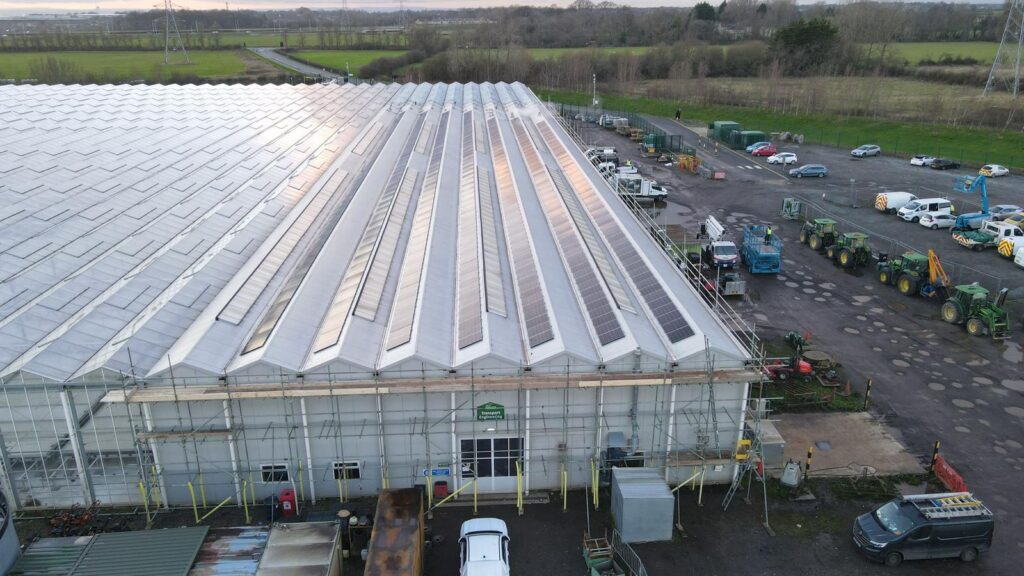World-first ARRES autonomous robot proactively detects cracks and damage in road surfaces, then fills them to prevent surface water making potholes.
Potholes in our roads are more than just a nuisance. If they’re not repaired quickly, they get progressively bigger – and can do ever more serious damage to road vehicles passing over them.
Now some ingenious tech could transform the way we deal with potholes.
ARRES PREVENT robot filling a pothole, photo courtesy of Herefordshire County CouncilWarrington-based company Robotiz3d and academics at the University of Liverpool have developed the project, working with highway engineers at Hertfordshire County Council. Their Autonomous Road Repair System (ARRES) is thought to be the first of its kind in the world. A robot prototype, ARRES PREVENT is now ready to venture out of the laboratory and onto the council’s roads for full testing.
ARRES PREVENT uses state-of-the-art AI imaging tech to scrutinise the road surface for cracks and damage. When it identifies a crack, it fills the cavity to prevent surface water from getting in and making more of a hole.
This proactive, preventative approach means that the automated system has the potential to save time and money, and to reduce the disruption caused by large potholes – in both the damage they do to vehicles, and in roadworks needed to fill them.
The ARRES robot has been in development since 2020 but is now ready for testing on residential roads in the council region. Funding for the project has come largely from Innovate UK, though other investors have been involved at different stages of tech development.
The project is good news give that potholes seem to be an increasing problem in the UK. Last year, motoring organisation the RAC reported the highest number of pothole-related breakdowns since it started recording such data in 2006. One issue may be that we’re driving ever heavier cars, with increased uptake of both electric vehicles (EVs) or sports utility vehicles (SUVs), which generally weigh more than conventional cars. That extra weight increases the likelihood of road surfaces becoming cracked or damaged. More extreme weather events linked to climate change don’t help, either.
Yet despite the suggestion that pothole numbers are increasing, the RAC also cited evidence to indicate that fewer are being filled: 1.4m potholes were filled in England and Wales 2022-23, down from 1.7m the previous year. A robot that really can automatically, proactively stop potholes being created in the first place will be of great interest to councils and road users across the country.
Cllr Phil Bibby, Executive Member for Highways at Hertfordshire County Council, says: ‘We’re thrilled to be at the coalface of this exciting new technology, working with world-class tech inventors and engineers. We’ve long been leading the way in cracking the pothole issue and in recent times have been trialling new and improved ways to fill potholes.
‘As we continue to face another cold winter, we know we’re likely to see an increase in potholes forming as the road surface gets too cold and water and ice get into cracks that have formed over time. Using state of the art technology to prevent the potholes forming in the first place could be exactly what we need to ensure our road network remains one of the best in the country.
‘We know this issue matters to our residents, so it matters to us, too.’
In related news:
SUVs ‘massively’ undermine efforts to decarbonise transport, says report

















Leave a Reply